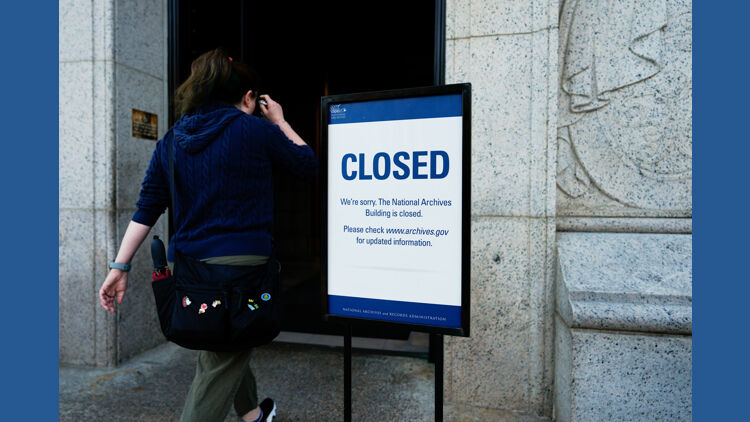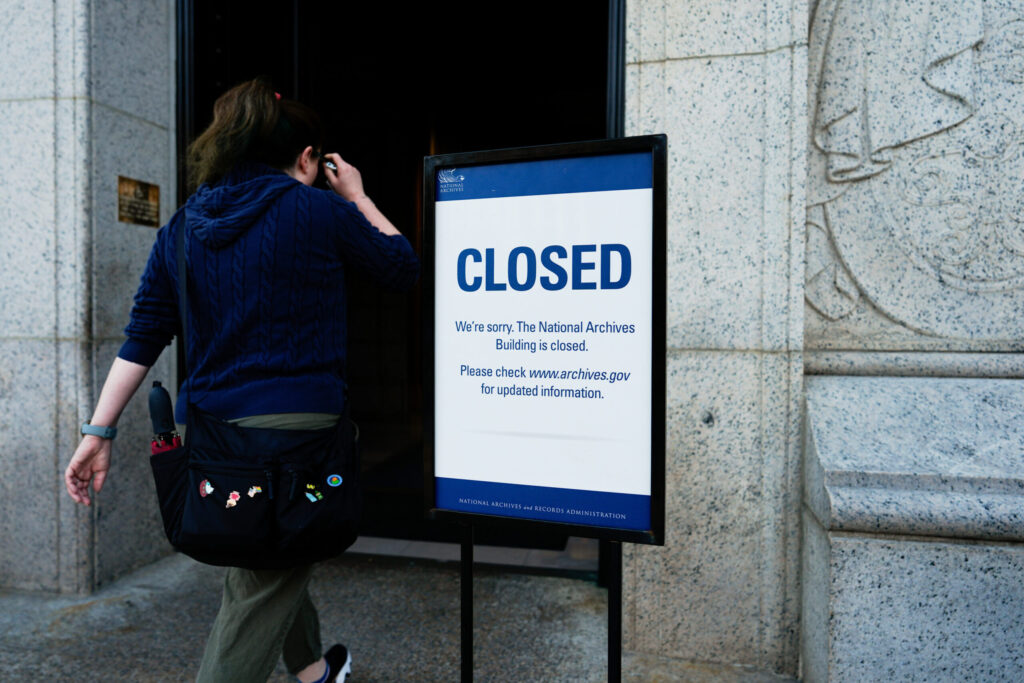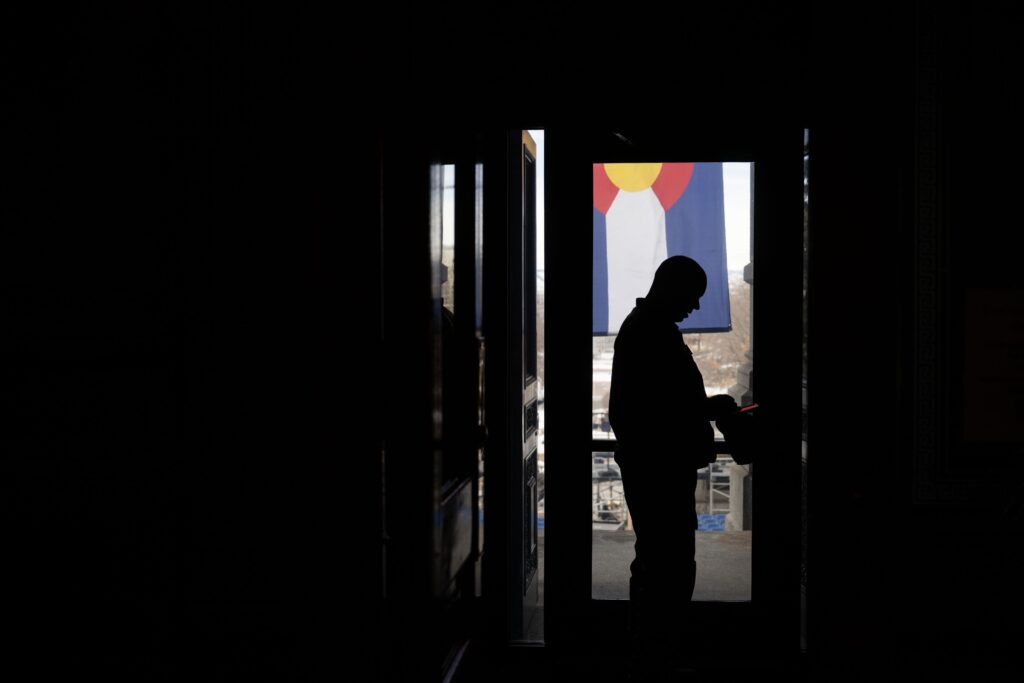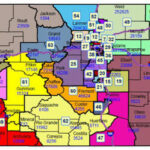Salazar ready to bring fight over drilling back to the Capitol

State Rep. Joe Salazar, D-Thornton, plans to introduce a bill in the upcoming legislative session that would force oil and gas companies to compensate residents for any loss in property value tied to drilling activities, including damage done by earthquakes linked to deep-earth wastewater injection wells. But state Sen. Jerry Sonnenberg, R-Sterling, has vowed to block the measure in the Senate.
“If it comes to my committee, I’d do everything I can to make it go away,” Sonnenberg said. “Quite frankly, it’s another serious attempt to run oil and gas companies out of business in Colorado… Everyone knows the pro- oil-and-gas bills go to the House to die and that the anti- oil-and-gas bills go to die in the Senate.”
That’s the response Salazar said he expected.
“This shouldn’t be a politicized fight,” he said last Saturday at a Thornton town hall he convened on the issue. “I believe we (in state government) need to give up some of the power to local governments. They need to be able to police these industries in their area.”
Salazar said he’d already been in contact with the U.S. Geological Survey about sending a representative to the Capitol to testify about the research on earthquakes and the process of disposing so-called “produced water” that returns to the surface loaded with toxic heavy metals from the hydraulic fracturing process.
Salazar had announced earlier that his bill would only target damages caused by drilling-related earthquakes. He said he expanded the scope of the proposal after talking with constituents concerned over a large Synergy Resources drilling plan in the bucolic Wadley Farms neighborhoods of unincorporated Adams County. Salazar said he wanted to word the bill in a way that would place the burden of proof on oil and gas companies and move it away from residents forced to sue for damages.
“I have every faith in the world that I can get (a bill) out of the House, but I don’t have every faith in the world that my colleagues in the Senate would move on it,” Salazar said.
An emotional issue
Sonnenberg said Colorado already has the most stringent set of rules in the country regulating fossil fuel exploration and that measures like Salazar’s are unnecessary and harmful to the economy. He also described forthcoming rules from the Colorado Oil and Gas Conservation Commission as a way to “runaround the Legislature.”
“This is an emotional issue for a number of folks and it’s being driven by an environmental community that quite frankly doesn’t like the oil and gas industry and would like to see them put out of business,” Sonnenberg said.
Salazar’s House District 31, located on the Front Range north of Denver, is the site of suburban developments and wide fields stretched alongside commuter highways. It is one of the state’s legislative districts where tensions have risen in the past decade between residents and the oil and gas industry as hydraulic fracturing technology has made drilling in more populated settings more profitable.
Salazar’s bill would open up another battle in the years-long war over urban and suburban drilling in Colorado. It’s a complicated topic that in the past has threatened to shift political party election-year prospects but has also on occasion jumbled typical party positions.
If at the Legislature Democrats tend to side with residents seeking to rein in drilling and Republicans tend to side with the job-creating fossil fuels industry, in the world beyond the legislative chambers such alliances can break down.
Gov. John Hickenlooper is often criticized by fellow Democrats for supporting the oil and gas industry at the expense of affected state residents. Republican homeowners and local officials sometimes join with Democrats in seeking relief from nearby drilling.
Salazar said he’d been contacted by constituents he described as very conservative who are concerned with the damages caused by fracking.
It’s important to act now, Salazar said, and not wait for the Colorado Supreme Court to decide on the legality of local government efforts to either ban or suspend drilling or to limit its scope through municipal or county zoning powers.
‘Another nonstarter’
House Speaker Dickey Lee Hullinghorst, a Democrat whose Boulder County district lies just northwest of Salazar’s, said she sympathizes with the basic aim of the bill.
“I see it as our job as legislators to defend property values and to promote public safety, and I know those are Rep. Salazar’s goals,” she said through a spokesperson. “I can’t comment on any specific proposal at the moment as it is a work in progress, but I am hopeful that stakeholders can come to an agreement that protects Colorado homeowners and at the same time allows for the responsible extraction of our natural resources.”
Thornton City Councilman and former state Rep. Val Vigil, D-Thornton, who came to Salazar’s town hall in support of the proposed measure, said his constituents are demanding more local control over drilling. He pointed to the Synergy Resources plan for Wadley Farms as a reason why action should be taken soon.
“To us in Thornton, this is a very urgent issue,” Vigil said. “We hold everyone else responsible to fix things they damage. It’s just the right thing to do.”
State Sen. Ray Scott R-Grand Junction, questioned how property owners would even be able to prove that an earthquake happened as a result of drilling and argued that property values don’t go down due to proximity to oil-and-gas operations.
“There’s a lot wrong with this idea,” he said. “Number one, you’ve got to prove it. That’s a high, high, high bar when you start talking about earthquakes. I just don’t think (Salazar) is educated on the issue. When you’re talking about property value, we had people from Vista Ridge (subdivision) in Erie come down and testify during an oil and gas hearing that their property values nearly doubled and they have wells all around them. I know that for sure because my daughter lives there. … Their property values almost doubled in two years.
“I think (Salazar’s) got another nonstarter going there.”
Stan Dempsey, president of the Colorado Petroleum Association, attended Salazar’s meeting and said he believed there was a lack of knowledge about oil and gas extraction that his group needed to address.
“I think this shows us that we have a lot of education to do to make sure every fact is available,” Dempsey said. “It’s important that we get all the facts out on the table and for people to understand exactly what the (state) commission is doing.”













